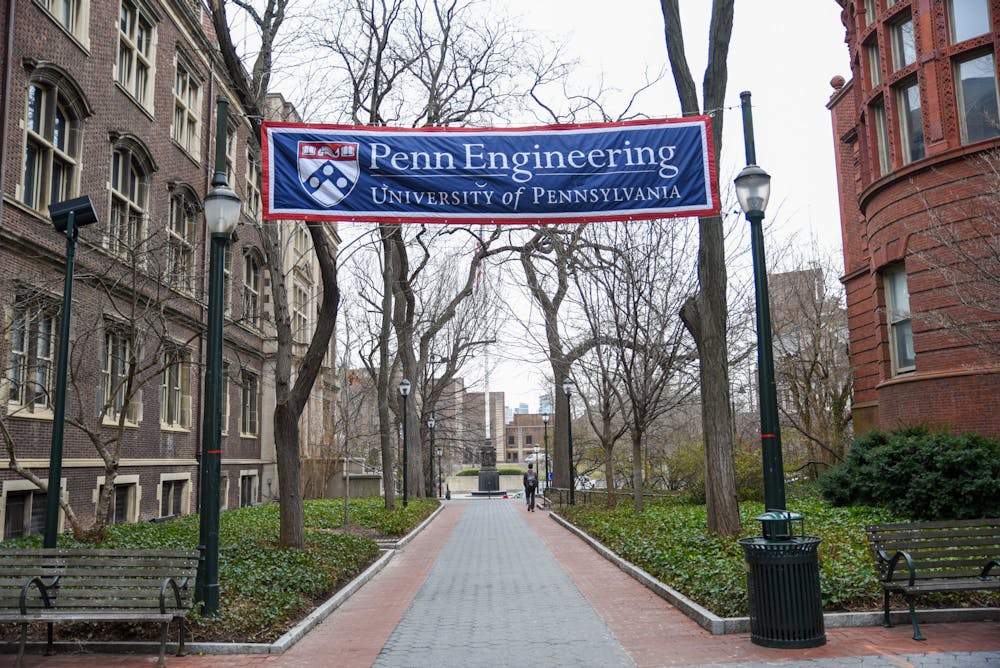
The Penn Advanced Research Computing Center is affiliated with professors from the School of Engineering.
Credit: Connie ZhaoPenn is launching the Penn Advanced Research Computing Center in spring 2025.
The new initiative represents a milestone in Penn’s ongoing commitment to advancing computational and data-driven research. PARCC will provide researchers across the university with enhanced hardware, software, and expert support, creating a platform for interdisciplinary research.
PARCC’s centralized computational resources will streamline access to powerful computing tools, making it easier for faculty and research teams to share resources. The new platform will provide both on-premises and cloud-based computing solutions, allowing Penn’s research community to explore better practices.
The search for PARCC’s inaugural center director and technical staff is currently underway. Over the past six months, information technology specialists, faculty, and staff have been laying the groundwork for a successful roll-out.
PARCC’s faculty advisors include Bhuvnesh Jain, the Walter H. and Leonore C. Annenberg Professor in the Natural Sciences and co-director of the Penn Data Driven Discovery Institute; Marylyn Ritchie, the vice dean of artificial intelligence and computing at the Perelman School of Medicine; and René Vidal, Rachleff University Professor and a Penn Integrates Knowledge professor — who also has joint appointments in Radiology at the Medical School and Electrical and Systems Engineering at the School of Engineering and Applied Science.
Jain is focused on how advanced computational methods, such as machine learning, can help us understand the universe.
“The questions I study are: How did small fluctuations in the early universe grow to form the large-scale structure observed today? What is the nature of dark matter and dark energy? And how did these mysterious components of our universe shape the formation of galaxies and clusters?” Jain said.
Ritchie is a pioneer in the field of artificial intelligence in healthcare, where she is making contributions to the integration of genomics and electronic health records. She also leads the way in developing AI-driven methods that bring new insights into personalized medicine. Her work has focused on the application of machine learning to genomic data, helping bridge the gap between medical records and genetic information.
Vidal’s research merges machine learning, data science, and biomedical engineering to create new tools for medical diagnostics and treatments. He is also a pioneer in developing algorithms that learn from complex datasets to improve diagnostic techniques and optimize treatments.
The Daily Pennsylvanian is an independent, student-run newspaper. Please consider making a donation to support the coverage that shapes the University. Your generosity ensures a future of strong journalism at Penn.
Donate







